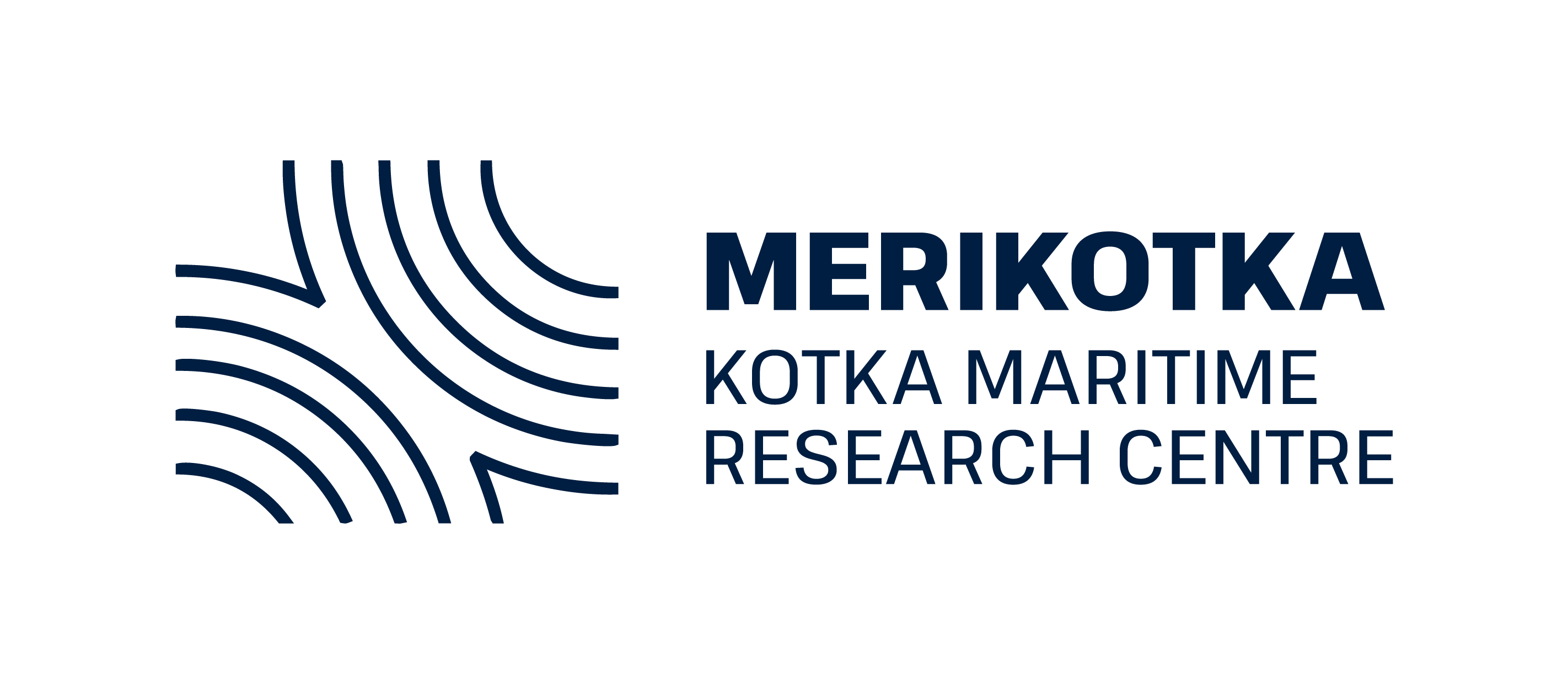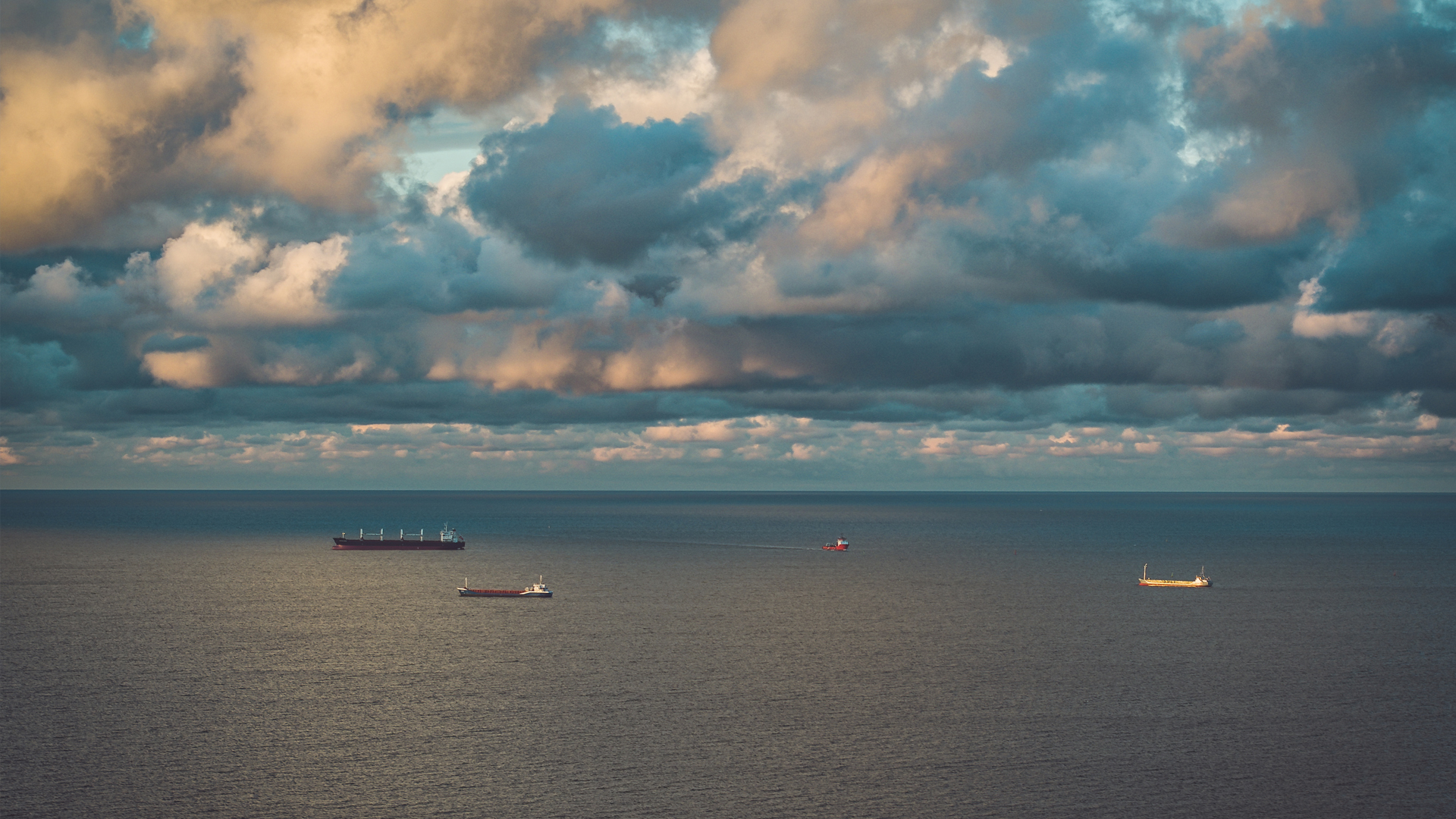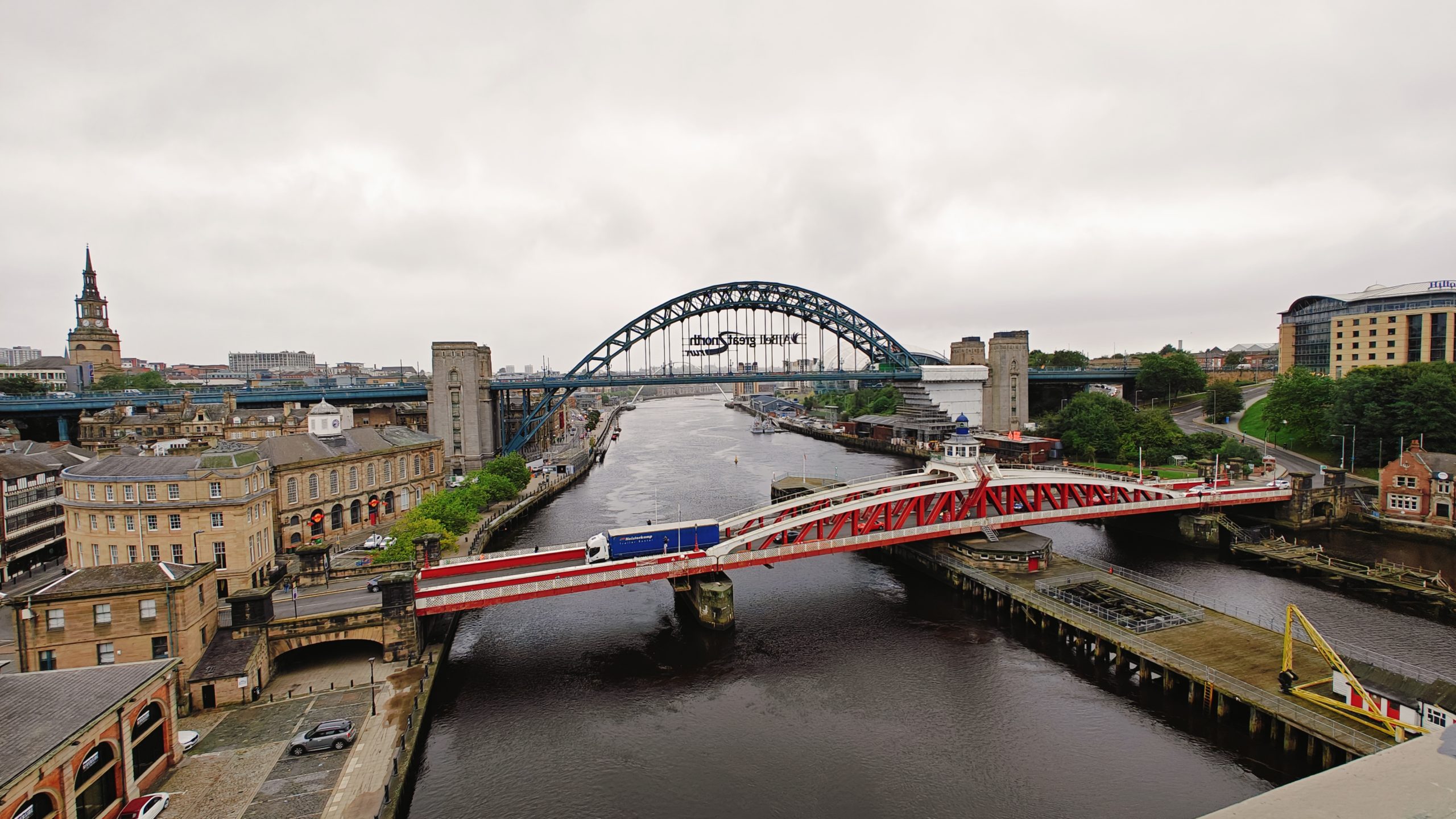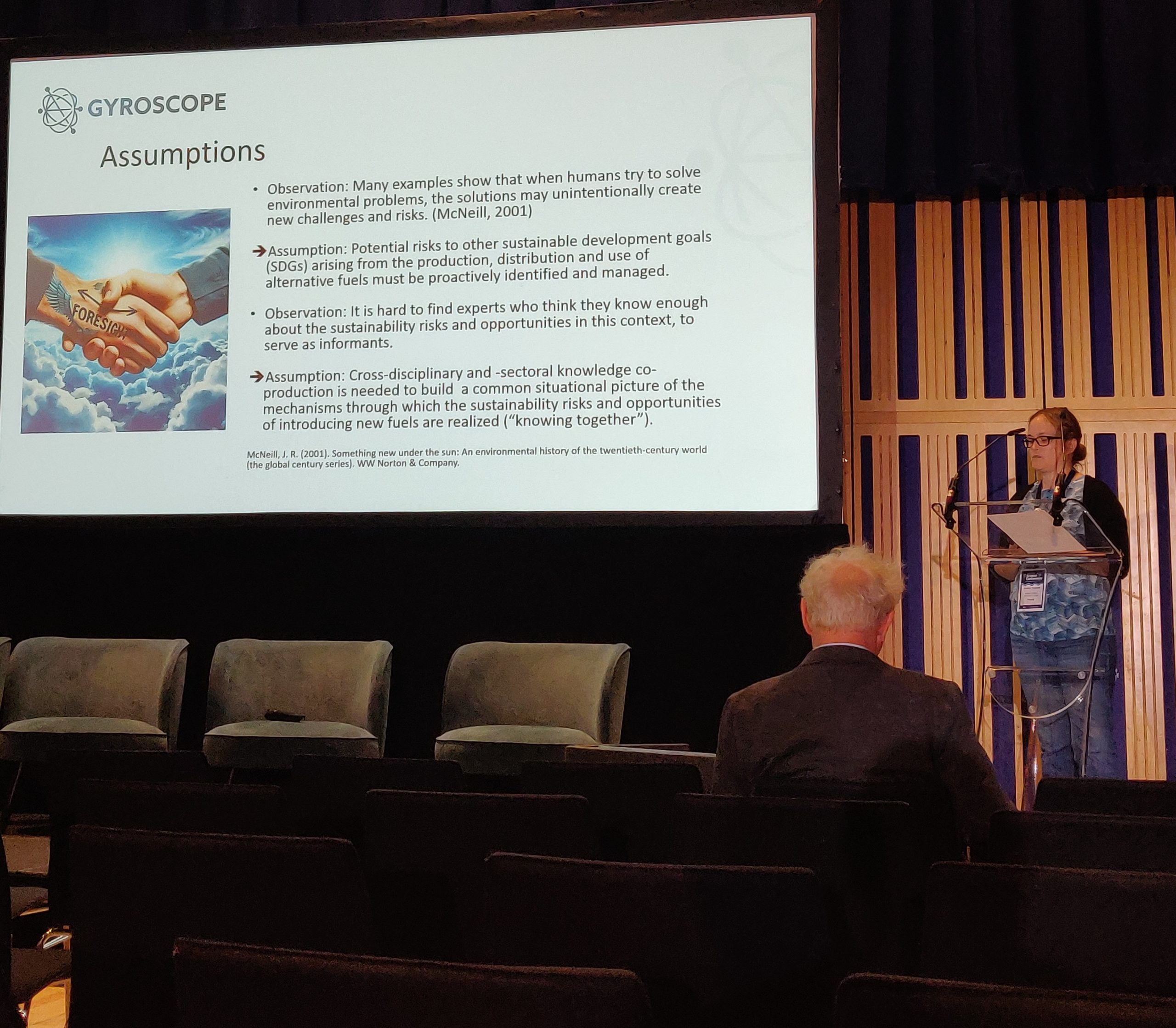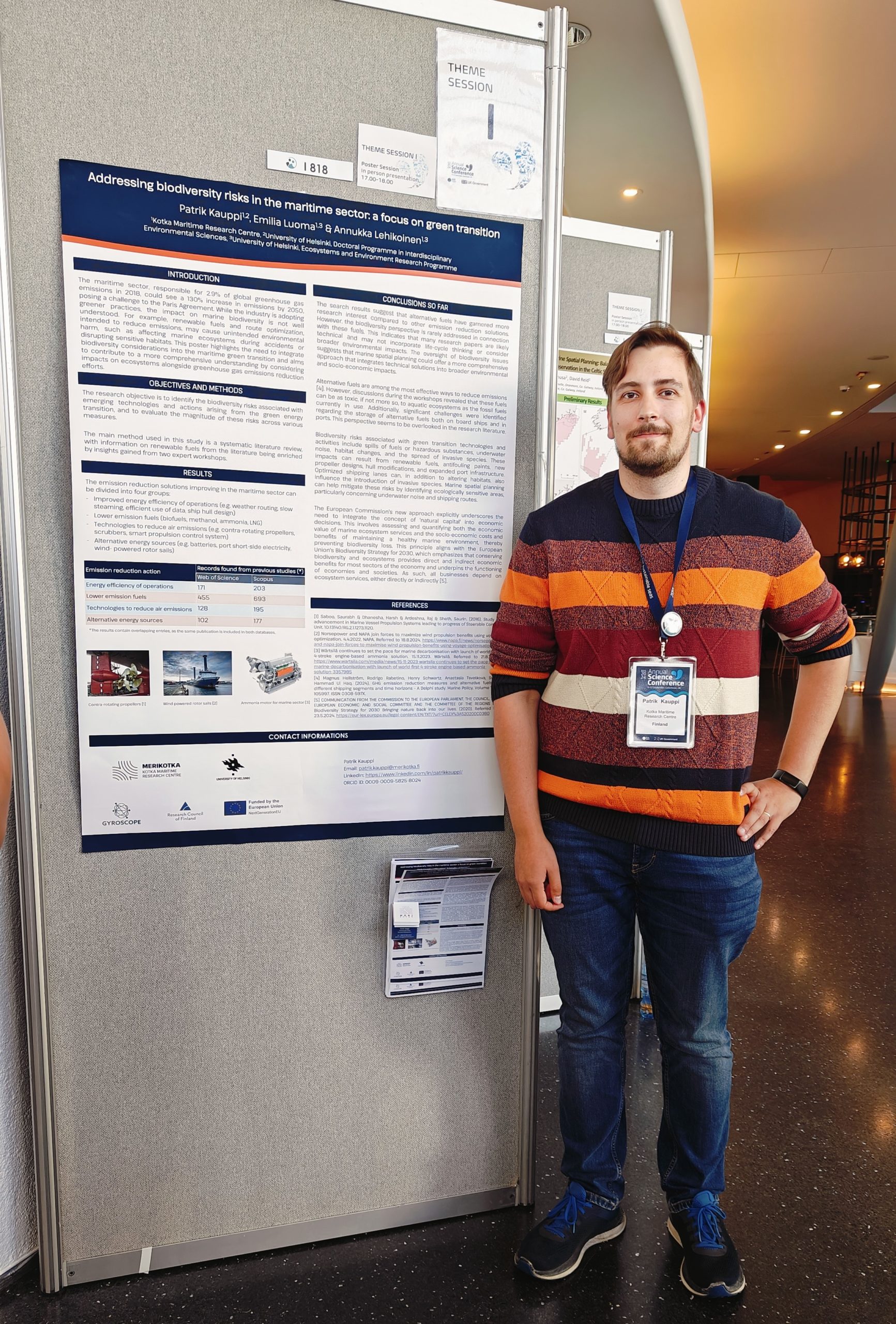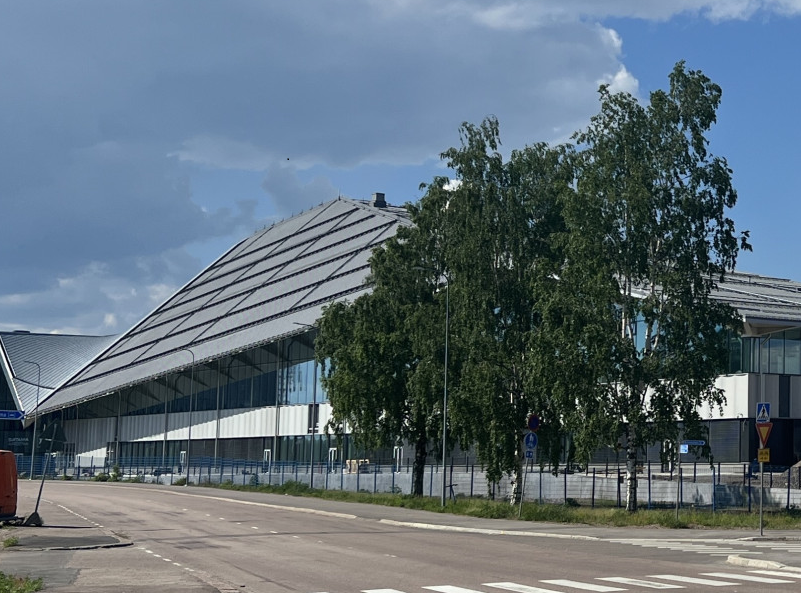The Gyroscope project, funded by the Research Council of Finland, has now been running for two years. During this time, data has been collected from literature, interviews, and workshops. Additionally, researchers have participated in numerous national and international conferences where they have presented the project and their research. Several scientific articles are also either underway or already completed.
On 25th of November 2024, we organized an online mid-term seminar. All parties who supported the Gyroscope project during the application phase were invited, including representatives from public authorities and various interest groups. The purpose of the seminar was to present what has been accomplished so far, share plans, and receive comments and questions from stakeholders. The seminar was bilingual, with researchers presenting in either English or Finnish.
The seminar began with a brief introduction to the project by Project Leader Toni Ahlqvist from the Finland Futures Research Centre at the University of Turku. Following this, at least one researcher from each of the project’s five partners gave a presentation.
The program of the seminar was as follows:
- Janne I. Hukkinen, University of Helsinki, Environmental Policy Research Group: Sustainability transformation in maritime fuels requires a transformation of the entire energy system
- Sami Vikkula, University of Helsinki: Cost-benefit analysis of alternative fuels in the maritime industry (working title) and completion of previous articles
- Patrik Kauppi and Emilia Luoma, Kotka Maritime Research Centre: Towards more sustainable shipping: Examining emission reduction measures and alternative fuels
- Sunil Basnet and Raheleh Farokhi, Aalto University: Managing risks associated with the green transition: focusing on autonomous ship technologies and winter navigation
- Ville Lauttamäki, University of Turku, Finland Futures Research Centre: Transition or transformation? – Observations on the sustainability shift in maritime transport
The seminar delved into topics such as how the sustainability transition of maritime fuels necessitates a transformation of the entire energy system. Achieving this requires systemic change and extensive cooperation across different sectors. Furthermore, achieving a truly sustainable green transition in maritime transport calls for a holistic approach that considers both economic, social, and ecological sustainability. Further, ecological sustainability must account for a broad range of environmental impacts to avoid merely shifting the burden from one area to another.
The seminar also highlighted how reports on the sustainability transition in maritime transport tend to focus narrowly on fuel transitions while overlooking broader systemic changes. It is crucial to critically examine whether we can sustainably produce enough new fuels to meet demand and whether achieving a genuinely sustainable green transition is possible without also reducing consumption.
Stakeholder representatives provided comments and posed questions during the seminar, which sparked valuable discussions. Topics such as the risks associated with the green transition and the need for a comprehensive perspective were of particular interest.
Text: Emilia Luoma
